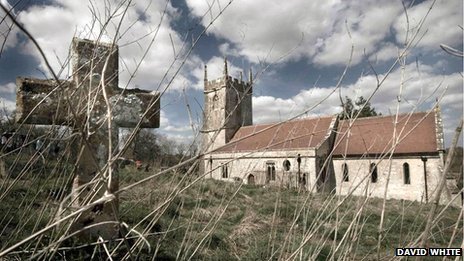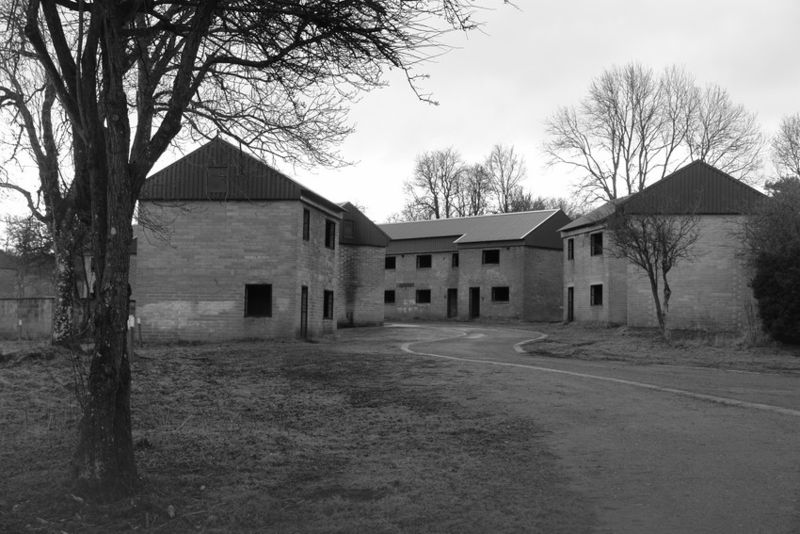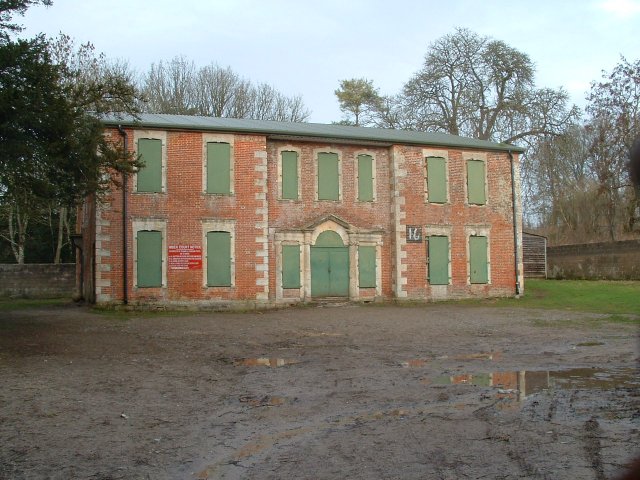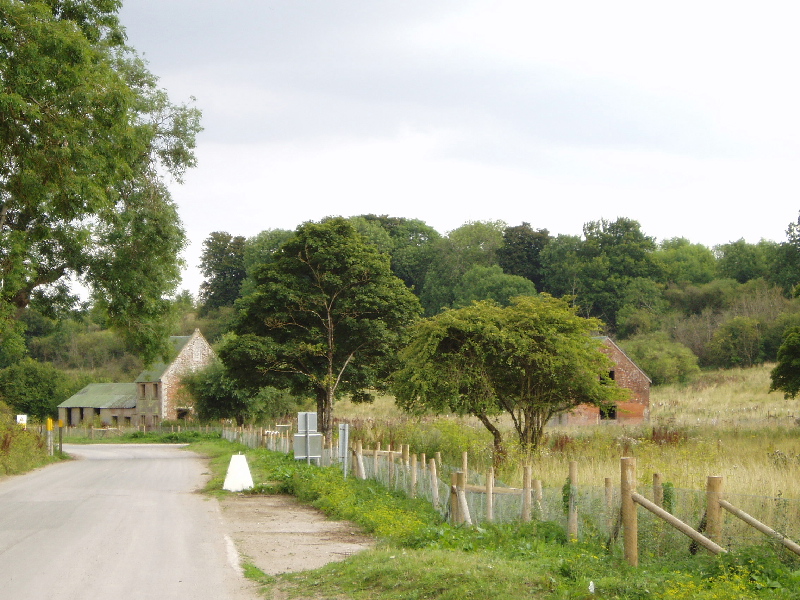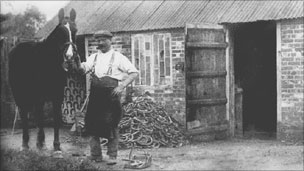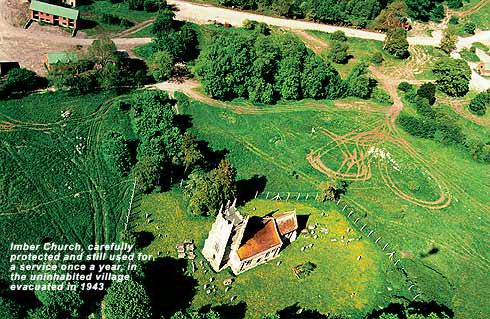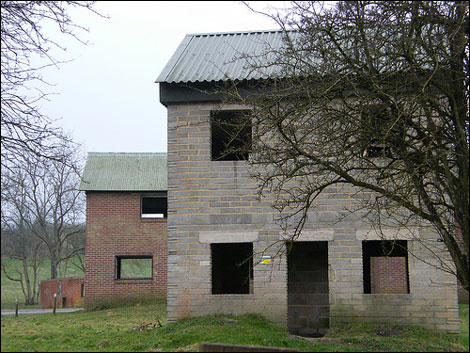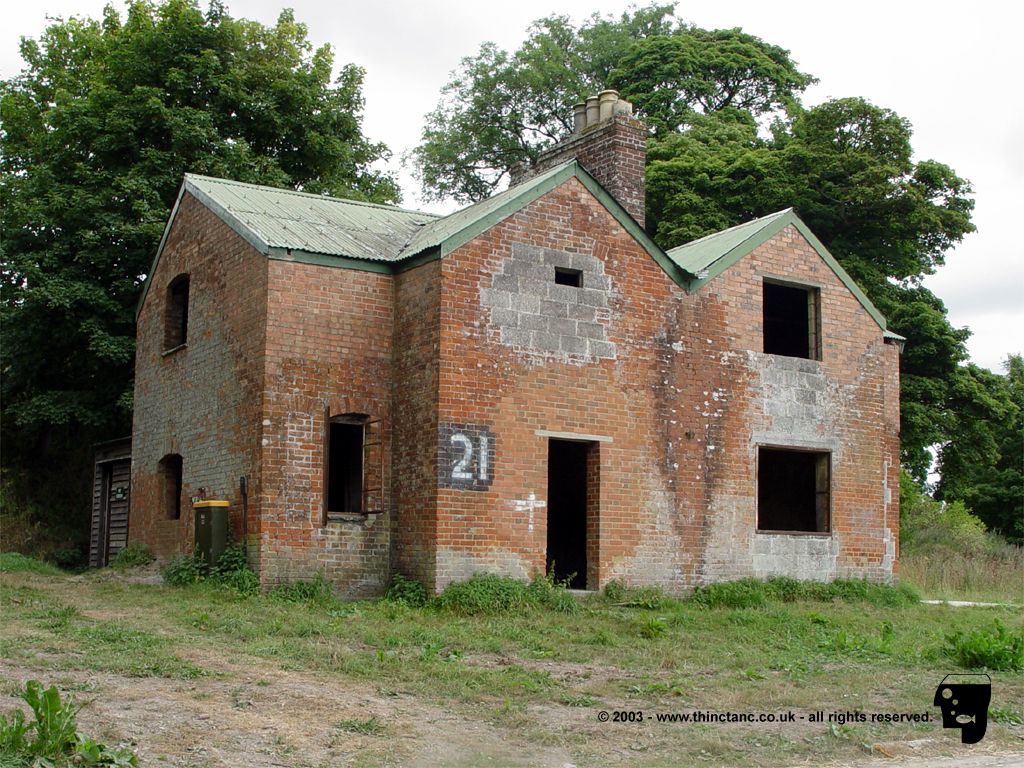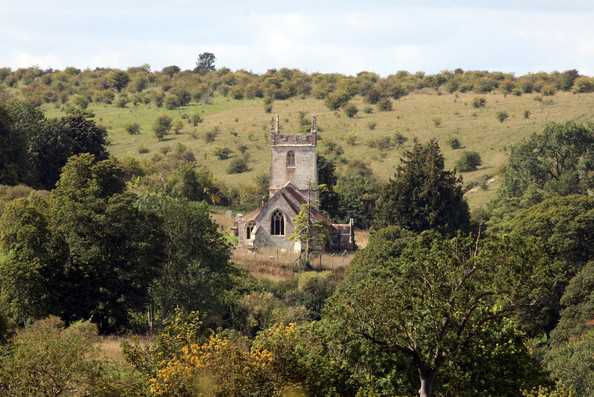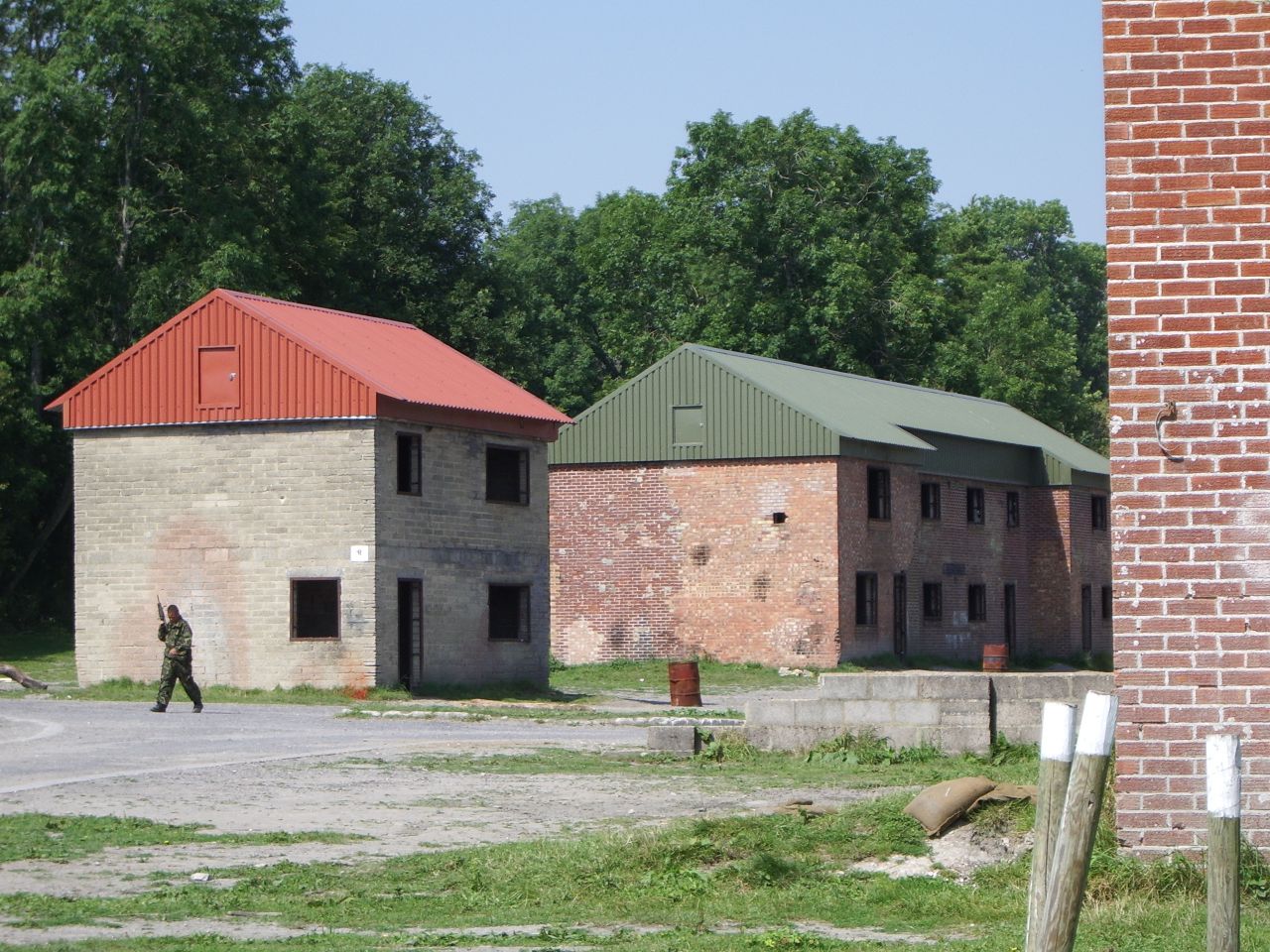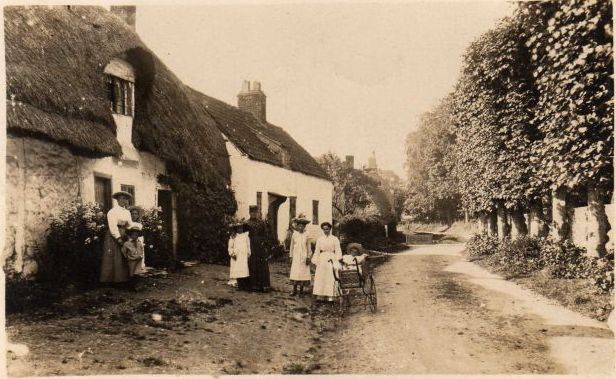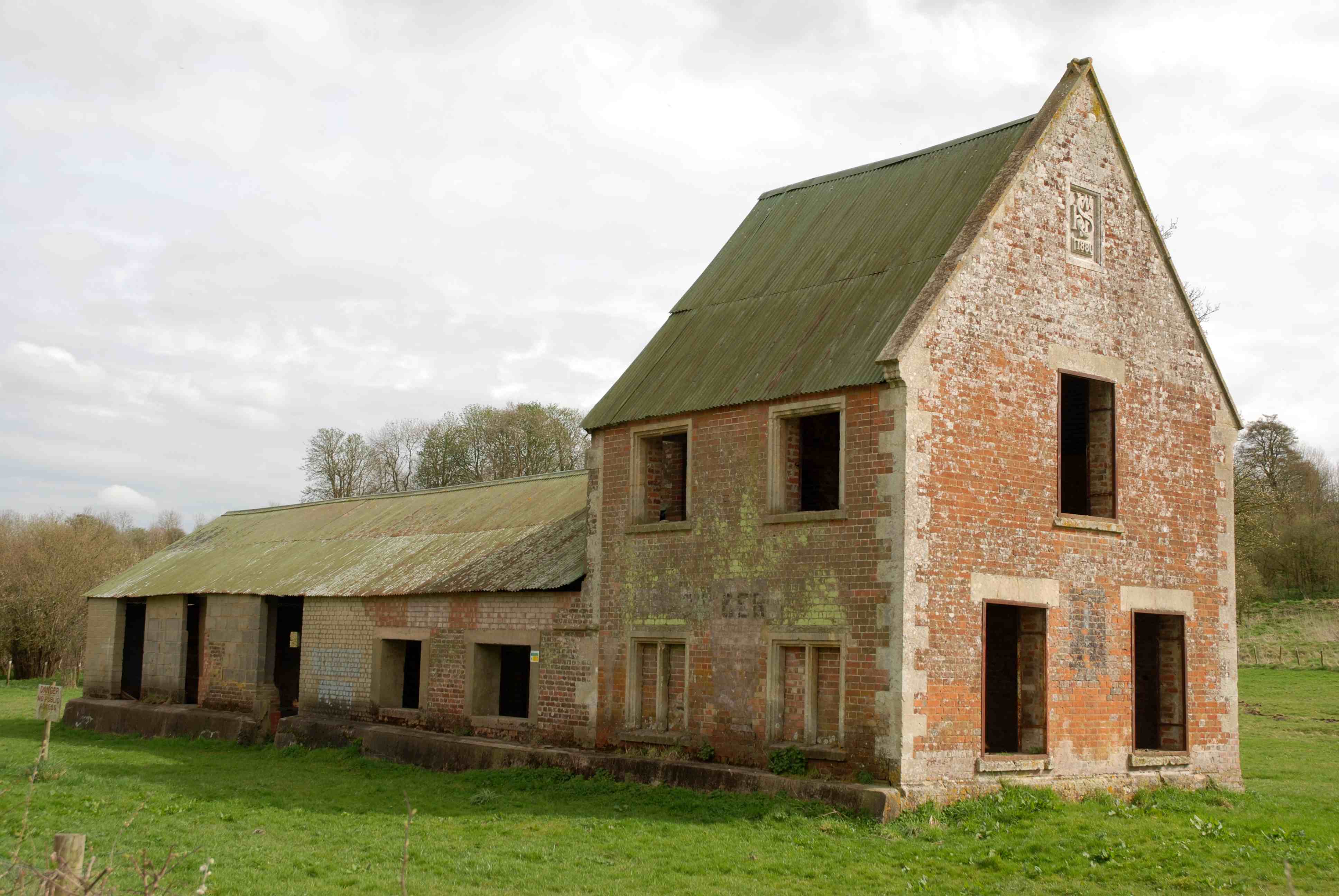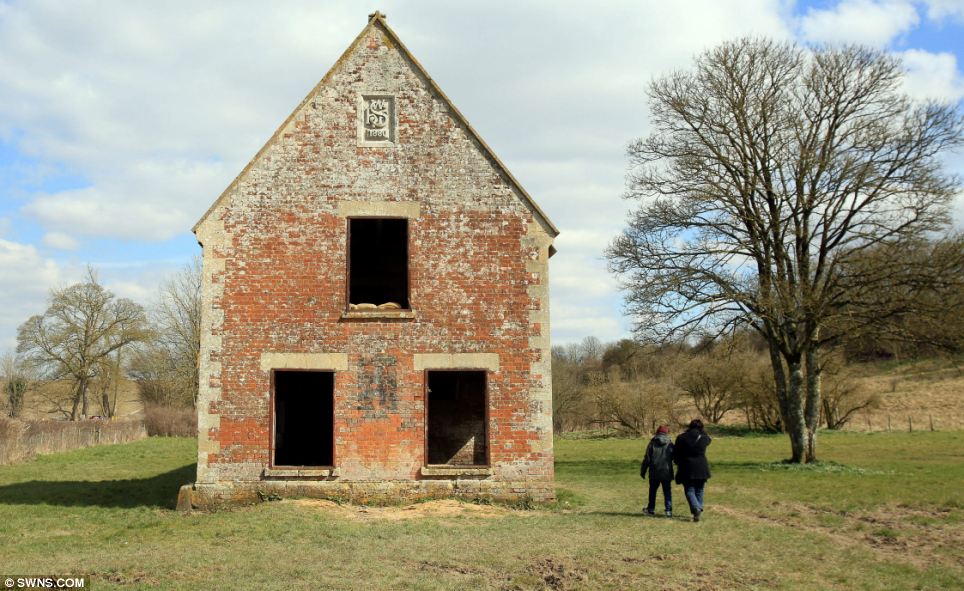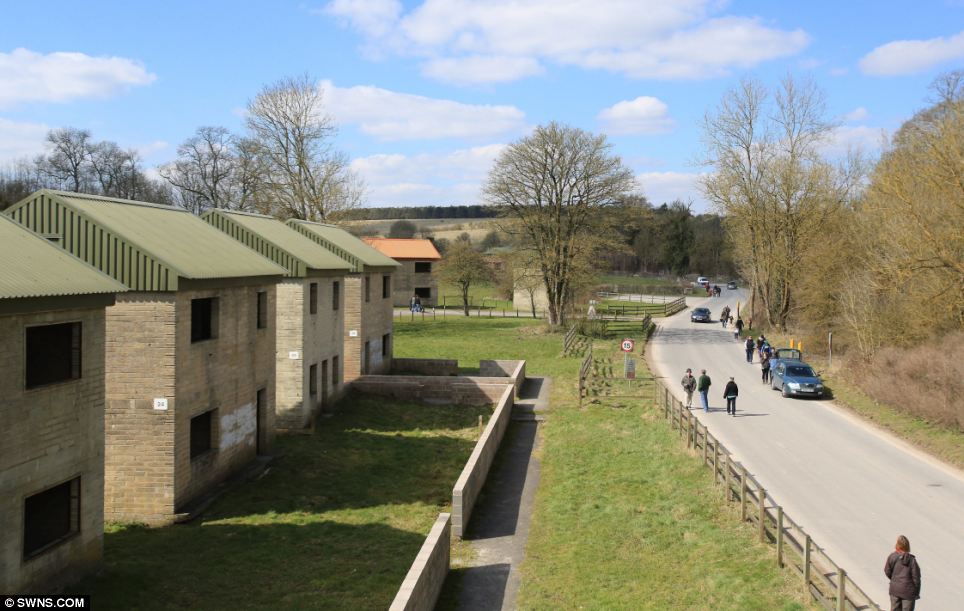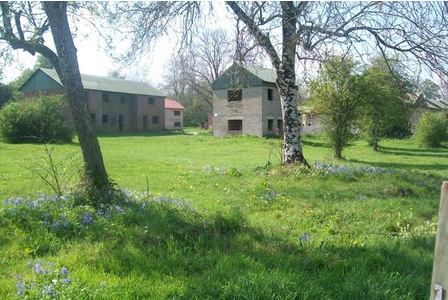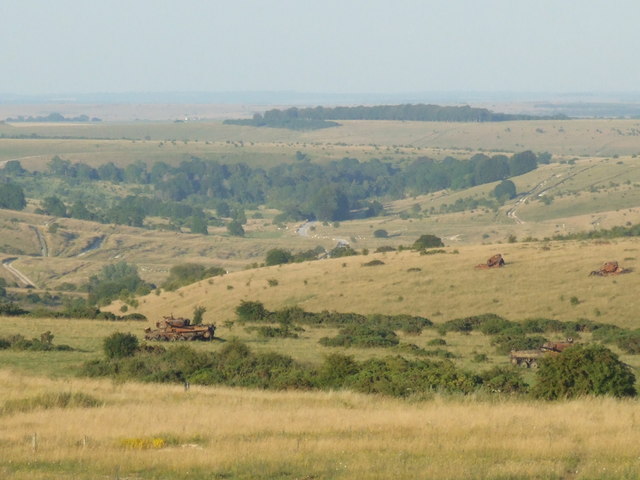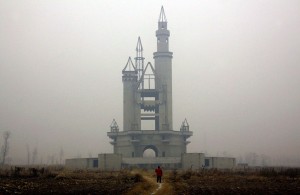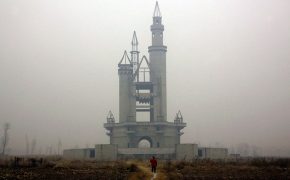Imber: The Ghost Village Of Wiltshire
The town of Imber now lies as a shell in rural Wiltshire, about 2.5 miles west of the A360 between Tilshead and West Lavington. Imber was fully abandoned almost 100 years ago.
In the late 1800’s the War Office began buying up large sections of Salisbury Plain, to be used for manœuvres. Beginning in the late 1920’s farms around Imber were purchased, which included the ground on which the village sat. At that time there was an agricultural depression going on, combine that with some pretty tempting financial offers from the military, and the land flew off the shelves.
This allowed the War Office to assume control and evict the residents if necessary. By the time WWII reared its beastly head, almost all of the land in and around Imber, with the exception of the church, vicarage, chapel, schoolroom and Bell Inn, belonged to the Ministry of War.
In November ’43, as Britain looked to invade mainland Europe, the people of Imber were given just 47 days notice to get their stuff together and leave their homes. Imber was earmarked for use by US forces to practice street fighting, but that never actually happened. The main reason for the villagers eviction was the proximity to shell impact areas.
Of course, the villagers were a bit miffed about leaving their homes, but most put up no resistance, it was a different time back then. The danger to the country was palpable and people were ready to make sacrifices for the greater good of the world. Only one chap had to be removed by force – Albert Nash.
Albert had been the blacksmith in Imber for over 40 years, his wife found him ‘sobbing like a baby’ slumped over his anvil. Here he is in happier times.
Albert died just a few weeks later and was the first resident to return to Imber to be buried.
With the exception of St Giles’s church, the whole parish is still to this day owned by the MOD. The picture above shows how the military are careful to avoid the land it sits on but are more than happy to ruin the lush turf around its borders. Imber was used extensively by the military to practice street fighting in preparation for action in Northern Ireland.
The military occasionally allow people to hold remembrance services in the church. Because the ground is owned by the military and is still active, the congregation has to be escorted to the church by the army. Rev Mark Jones, who sometimes takes the service, said there’s a special poignancy holding the service at St Gile’s. I can well imagine there is.

